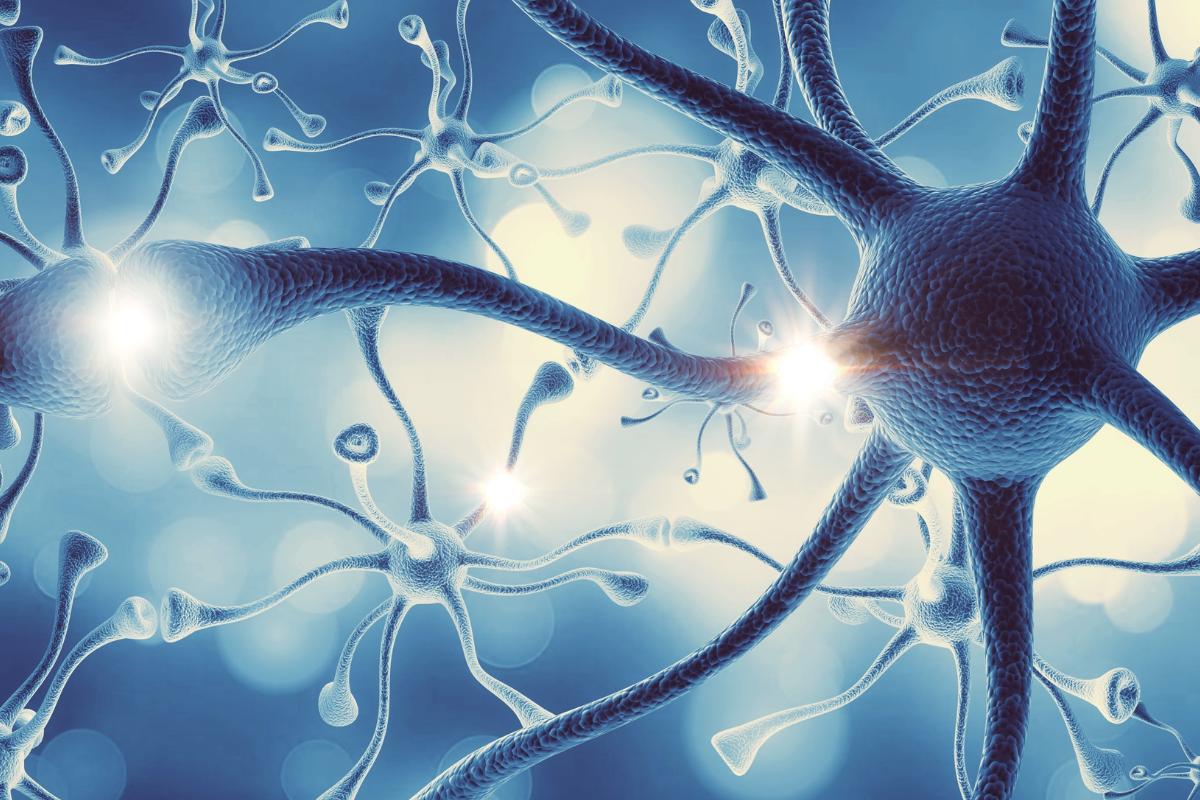What is bipolar disorder
Bipolar disorder is a psychiatric illness characterized by alternating episodes of depression and mania or hypomania. These periods are marked by significant changes in mood, energy and behavior, profoundly impacting the individual's life.
These fluctuations include episodes of depression, characterized by persistent feelings of sadness, hopelessness and loss of interest in previously pleasurable activities, as well as episodes of mania or hypomania, manifested by phases of euphoria, irritability or increased energy and activity.
Unlike the usual ups and downs that everyone experiences, the mood swings in bipolar disorder are so intense that interfere with work capacity, school performance, interpersonal relationships and can lead to risky behavior.
Episodes can last for weeks or even months and are often separated by periods of relatively normal mood.
It is essential to understand that bipolar disorder is a heterogeneous condition, which means that each affected person can experience the disorder in a unique way. Some individuals may have more frequent manic episodes, while others may suffer mainly from depression, and there are those who experience rapid cycles between the two states.
Although the onset of symptoms usually occurs between the ages of 25 and 35, bipolar disorder can manifest itself in both adolescents and older adults, with less common onset after the age of 60. Early recognition of the signs and symptoms is crucial for starting treatment and improving the prognosis.
How bipolar disorder is diagnosed
The diagnosis of bipolar disorder is essentially clinical and should be carried out by an experienced psychiatrist.
O Dr. Petrus Raulino, with his vast experience in psychiatric hospitalizations and emergency room care, uses detailed anamnesis and mental examination to identify the characteristic episodes of the disorder and differentiate it from other conditions, such as schizophrenia.
Identification of the disorder is based on the patient's clinical history (anamnesis) and mental examination. There are no laboratory or imaging tests to confirm the diagnosis; however, these tests can be useful in ruling out other organic causes that may mimic the symptoms of bipolar disorder.
For an accurate classification, Dr. Petrus follows the guidelines of globally recognized medical diagnostic manuals, such as the DSM-5 (Diagnostic and Statistical Manual of Mental Disorders, 5th edition), the ICD-10 (International Classification of Diseases, 10th revision) and the more recent ICD-11. These manuals describe the specific criteria for the subtypes of bipolar disorder:
- Bipolar Disorder Type 1: characterized by at least one complete manic episode. It is possible that the patient has also had episodes of major depression, but these are not mandatory for the diagnosis.
- Bipolar Disorder Type 2: defined by the occurrence of at least one hypomanic episode and no complete manic episodes. As with Type 1, it is possible that the patient has also had episodes of major depression, but these are not mandatory for the diagnosis.
It is essential to understand that bipolar disorder is a diverse condition, and the patterns of affective episodes vary significantly between patients. Diagnosis is the key to effective treatment, tailored to the patient's individual needs and their specific pattern of symptoms.
Treatment by a psychiatrist specializing in bipolar disorder
Dr. Petrus Raulino, with his extensive experience in psychiatry, emergencies and psychiatric hospitalizations, offers a specialized approach to the treatment of bipolar disorder.
His knowledge and practice in highly complex environments, including having been responsible for the Vera Cruz psychiatric inter-consultation service in Campinas for more than 10 years, give him a unique ability to diagnose and treat patients with this condition.
Many patients, when they are in remission from bipolar disorder, i.e. they don't have depressive, manic or hypomanic symptoms, don't show any alterations in their mental examination, maintaining their functional capacity and ability to work. Therefore, bipolar disorder impacts and incapacitates when it is active.
Medication for bipolar disorder
The drugs most indicated for the treatment of bipolar disorder are mood stabilizers, such as lithium, divalproate and carbamazepine, and antipsychotics, for symptom management and relapse prevention.
The choice of treatment is always made with the aim of providing the best control of the disease, respecting the individuality of each patient.
Another class of psychotropic drugs used for treatment are atypical antipsychotics, such as aripiprazole, lurasidone, clozapine, quetiapine, which can be used in combination with mood stabilizers.
Can psychoactive substances induce bipolar disorder?
Yes, the use of psychoactive substances, especially in individuals with a genetic predisposition, can trigger bipolar disorder.
You should be aware of the risks associated with the use of drugs such as synthetic hallucinogens, cocaine and cannabis, which can lead to induced symptoms of the disorder. It's important to note that there are patients who would probably never have bipolar disorder if they hadn't used these substances.


